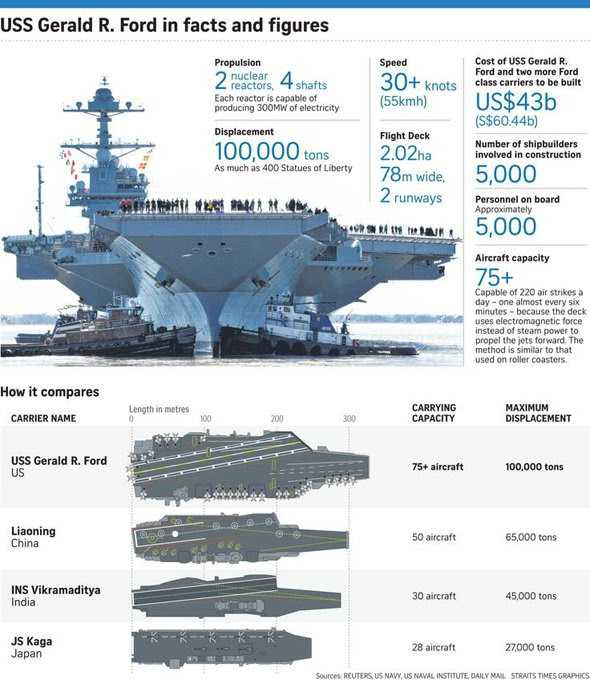We explore real-life reformation here in this informed, online community.
Don’t let the NY Times redefine it. Or Chuck Schumer. The militia referred to in the Second Amendment is not the National Guard or the U.S. Military.
Hamilton pointed out the great, centuries-old historical definition of the militia. It is a huge group of citizens. It is everyone but the politicians. It is the armed neighborhood. It is “the great body of the yeomanry,” he wrote, “and of the other classes of the citizens.”
Hamilton favored the idea that some of that militia is further selected-out into a national military corps, and Federal law reflects this definition in Section 246 of Title X of the US Code: “The militia of the United States consists of all able-bodied males at least 17 years of age and, except as provided in section 313 of title 32, under 45 years of age who are, or who have made a declaration of intention to become, citizens of the United States and of female citizens of the United States who are members of the National Guard.”
Then, it further divides the militia into two distinct parts:
(1) the organized militia, which consists of the National Guard and the Naval Militia; and (2) the unorganized militia, which consists of the members of the militia who are not members of the National Guard or the Naval Militia.
Both groups are part of the one nationwide, American militia.
According to Hamilton, both groups are indispensable. A small “select corps” will lessen the need for a standing army because it gives the federal government a military force to call on if needed, for the defense of the nation against invaders.
Hamilton is careful to recognize that the citizen militia is a check and balance against tyrannical politicians or a tyrannical military. Citizens, well-organized at the local level, can always fight back against a federal military with their own military grade weapons if and when tyrannical politicians force soldiers to oppress citizens.
He put it this way: “That army can never be formidable to the liberties of the people while there is a large body of citizens, little, if at all, inferior to them in discipline and the use of arms, who stand ready to defend their own rights and those of their fellow-citizens.”
Notes:
Yeomanry definition: generally, it referred to middle class, responsible, civilian citizens, all of whom were armed with military-grade weapons.
Second Amendment: “A well regulated Militia, being necessary to the security of a free State, the right of the people to keep and bear Arms, shall not be infringed.”
See Federalist 29 here
https://guides.loc.gov/federalist-papers/text-21-30#s-lg-box-wrapper-25493342
1914: Austria tries to overthrow King of Serbia, which leads to World War I and millions dead. Epic Fail.
1917: Idiot schemers in German government give Vladimir Lenin safe passage from his Swiss exile back to Russia to overthrow the Russian Provisional Government and take Russia out of the war. Lenin succeeds, but then unleashes the worst regime in history on Russia—a regime that subsequently threatened all of Europe. Epic Fail.
1919-1920: Following World War I, punitive treaties formally dissolve Habsburg, Hohenzollern, and Ottoman regimes. Europe and the entire Middle East are further destabilized, leading directly to World War II. Epic Fail.
1963: CIA backs military coup to overthrow South Vietnamese President Ngo Dinh Diem, thereby deepening U.S. involvement in Vietnam. Epic Fail.
2001-2021: U.S. occupation of Afghanistan, resulting in tens of thousands dead, tens of thousands of traumatic brain injuries, and trillions spent, achieves nothing, leaves Taliban in power. Epic Fail.
...
Within 24 hours of my last post on the subject (below: "War could begin in 48 hours" ), America is now in a hot, kinetic world war with Iran and its international allies. Combat operations are in active operation.
"Stay sheltered," Mr. Trump told the Iranian people. "Don’t leave your home, it’s very dangerous outside. Bombs will be dropping everywhere. When we are finished, take over your government. It will be yours to take. This will, probably be your only chance for generations… now is the time to seize control of your destiny."
Questions affecting the destiny of Americans: Is this war Biblically justified? Did Congress approve it? What will be the American casualties at home and abroad? At what point will the war be declared over?














